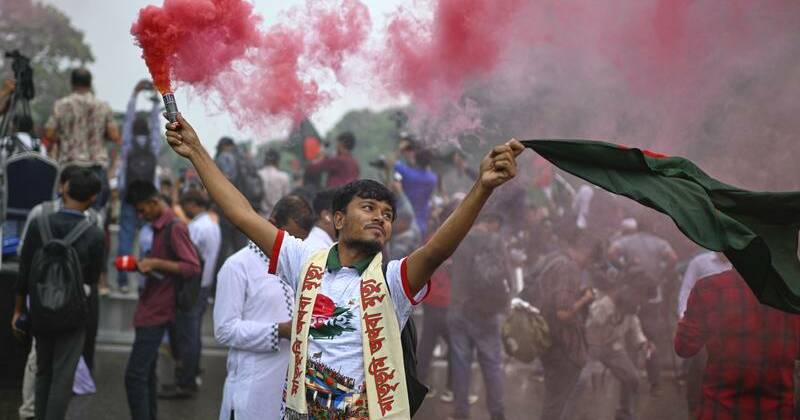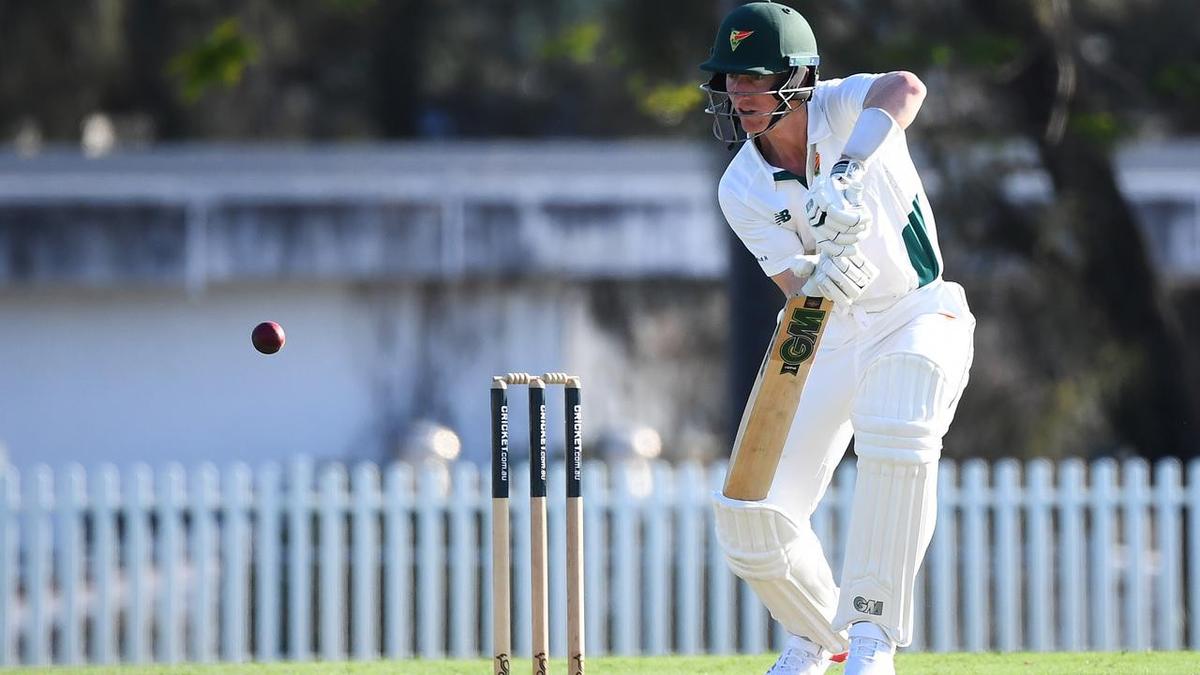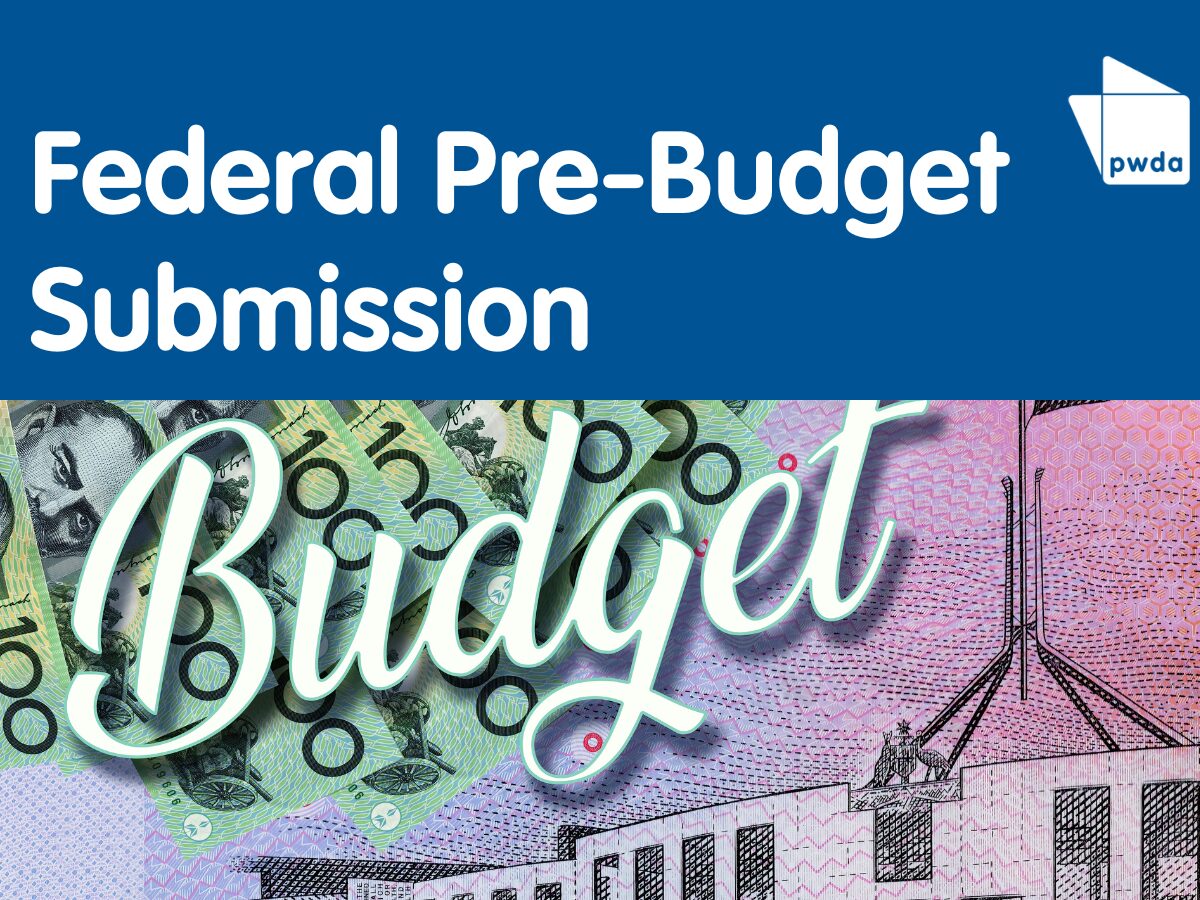
The interim leader of Bangladesh, Nobel Peace Prize laureate Muhammad Yunus, has announced that the country will hold its parliamentary elections in February 2024. In a televised address, Yunus stated that he would formally request the Election Commission to organize the elections during that month. This announcement coincides with the first anniversary of the ousting of former Prime Minister Sheikh Hasina, who has been in exile since her departure on August 5, 2023, following a student-led uprising that concluded her 15-year tenure in power.
The timeline for the elections has been a contentious issue. Yunus had previously indicated that elections would occur in April, but significant pressure from major political parties, particularly the Bangladesh Nationalist Party (BNP) led by former Prime Minister Khaleda Zia, prompted a shift to February. The interim administration under Yunus has taken decisive action against Hasina’s Awami League, banning the party and canceling its registration with the Election Commission.
Political Landscape and Growing Frustration
On the anniversary of last year’s uprising, Yunus emphasized that the spirit of the movement would shape the future of democracy in Bangladesh. The interim government’s handling of political disputes has faced increasing scrutiny, as many citizens express frustration over the lack of order and the ongoing political strife. The country finds itself at a critical juncture, with political factions struggling to formulate a path towards inclusive governance.
Observers suggest that the upcoming elections will be pivotal, as they may set the tone for Bangladesh’s political stability in the years to come. The interim government is tasked with navigating a complex landscape marked by significant public discontent and demands for accountability.
As the nation prepares for the elections, the focus remains on whether the interim administration can effectively manage the transition while addressing the needs and concerns of its citizens. The political future of Bangladesh hangs in the balance, as the population awaits the developments leading up to the pivotal elections in February.






